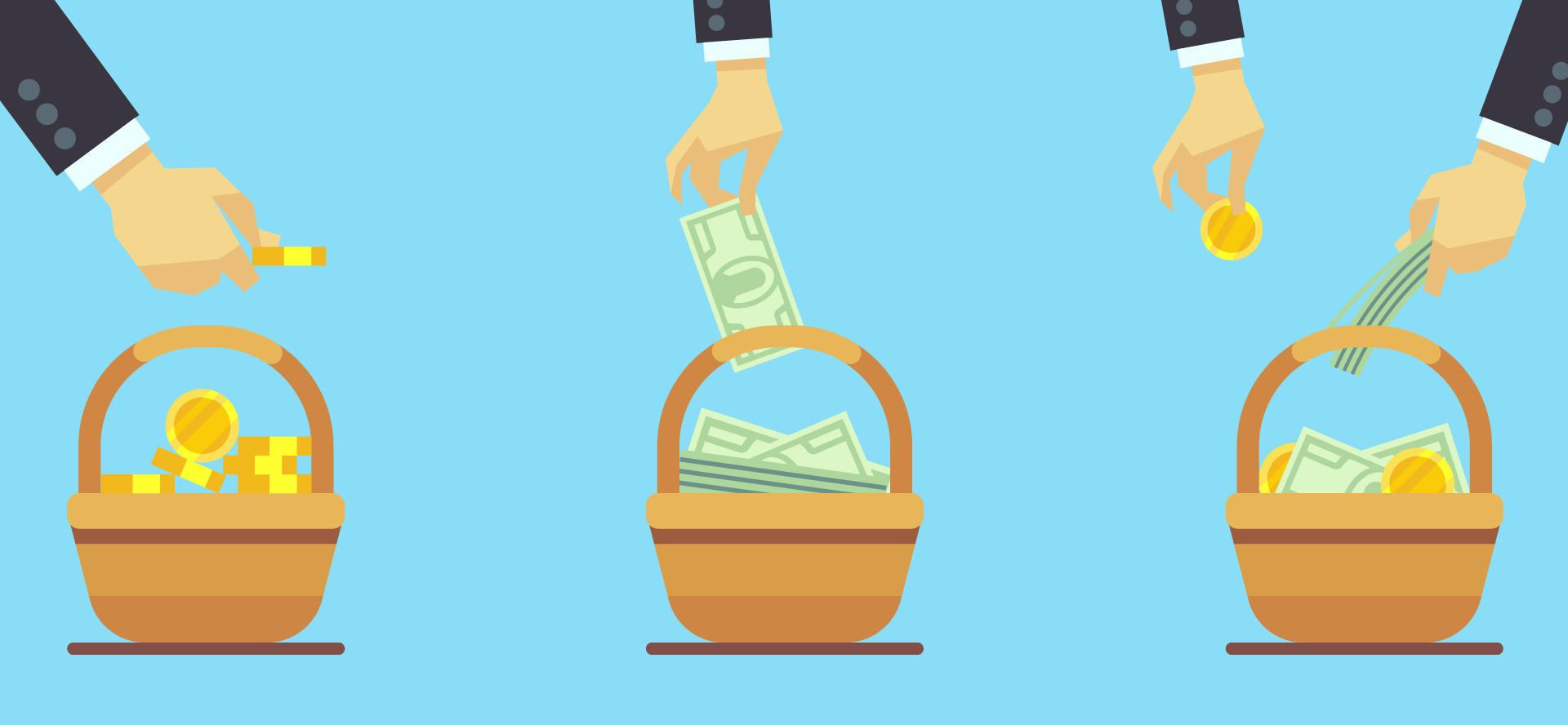Facebook’s algorithm is changing. Again. The news came down from Zuckerberg himself, showing how serious Facebook is about this one: they’re going to be prioritizing personal posts (content from your family, friends, and groups) over public content from brands and media in people’s newsfeeds.
“The first changes you'll see will be in News Feed, where you can expect to see more from your friends, family and groups.
“As we roll this out, you'll see less public content like posts from businesses, brands, and media. And the public content you see more will be held to the same standard—it should encourage meaningful interactions between people.”
This is likely a welcome change for anyone who’s ever managed to miss your cousin’s pregnancy announcement because you were too distracted by all the news articles in your Facebook feed. But for people in the social marketing business, any moves to de-prioritize their content is a cue to panic.
Don’t.
Well, do, if you want to. This decision by Facebook will make social marketing harder, whether you’re doing it organically or (as Facebook wants you to do) through paid advertising. But you can help prevent future Facebook-induced freak-outs with one simple step: D I V E R S I F Y.
Yep, marketing is like a stock portfolio. Sorry about that. But it makes good sense—even if Facebook didn’t make major algorithm changes every six months or so (and they do, and will continue to), we still wouldn’t recommend putting your entire marketing strategy into any one platform. What if the tide turns against it and everyone switches to, say, Snapchat? What if (God forbid) the site goes down for any amount of time? What if your target audience says sayonara to Facebook en masse? Weirder things have happened. That’s why it’s vital to not rely on any one third-party page or platform when it comes to marketing.
Over-dependence on earned media like Facebook vs owned media like your website is always going to be a risk. Facebook is going to do what’s best for Facebook, which generally means putting the preferences of users—the everyday people using the platform to communicate with their friends and family—first. They’re always going to rely on advertising, of course, but Facebook’s biggest asset is the audience they can provide those advertisers. Without an engaged audience, the platform shrivels.
When Mark Zuckerberg says that “by making these changes, I expect the time people spend on Facebook and some measures of engagement will go down. But I also expect the time you do spend on Facebook will be more valuable,” he’s saying he’s prioritizing the needs of that audience. Marketers, businesses, and anyone trying to sell something on Facebook should pay attention.
So what to do about this? Mix it up. Put some time into the thing you have control over: your website. (If you don’t have a website, well, now’s the time.) Once your website is up to speed, build out a diverse marketing strategy around it, including more than just Facebook (or Google, or any other single marketing tactic). A strong strategy will help insulate your brand from the whims of Mark Zuckerberg, the chaos of algorithm changes, and all the other unexpected bumps that can be a part of digital marketing.
If you’re ready to start building an algorithm-proof digital strategy, give us a shout. Our digital experts know this stuff inside and out, and they’re here to help you build a brand and a marketing plan that works beyond the world of Facebook.


